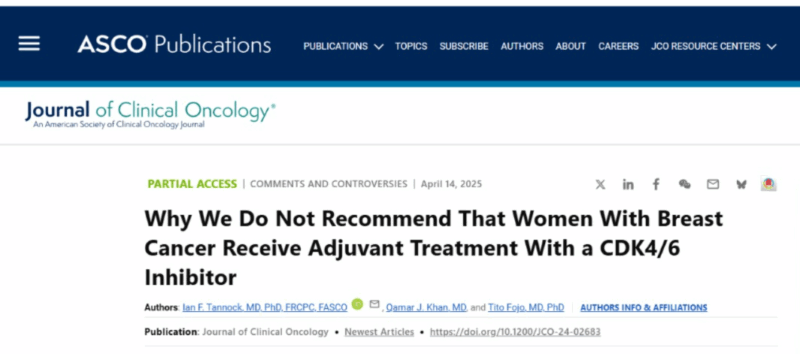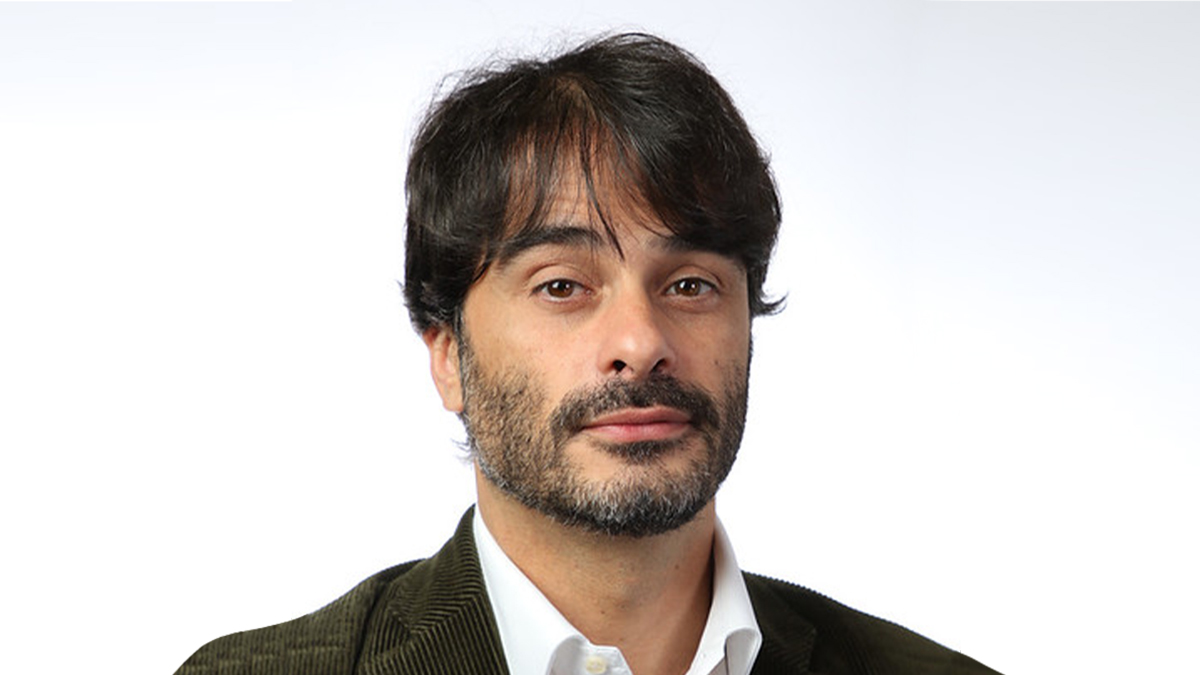Armando Orlandi, Medical Director at the Agostino Gemelli University Hospital Foundation IRCCS, shared a post on LinkedIn:
“Thoughtful Critique or Scientific Overcaution? Examining the CDK4/6 Inhibitor Debate
I’ve been reflecting on the thought-provoking JCO article by Tannock et al. “Why We Do Not Recommend That Women With Breast Cancer Receive Adjuvant Treatment With a CDK4/6 Inhibitor.”
Their meticulous methodological scrutiny of the monarchE and NATALEE trials highlights important considerations around censoring bias and toxicity profiles. As scientists, we should applaud such rigorous critical analysis.
However, science progresses through balanced discourse, and I believe several perspectives merit consideration:
- Different CDK4/6 inhibitors demonstrate distinct efficacy profiles – PALLAS/PENELOPE-B (palbociclib) failures contrast with monarchE/NATALEE successes (abemaciclib/ribociclib)
- Post-hoc sensitivity analyses, while valuable, contain their own inherent limitations and assumptions
- Many practice-changing adjuvant therapies (from tamoxifen to trastuzumab) faced similar early skepticism before optimized integration into care
- Patient selection refinement and adaptive dosing strategies may improve the therapeutic index
The path forward likely involves biomarker-driven approaches that identify patients most likely to benefit while sparing others unnecessary toxicity.
Our community’s response to this debate embodies the scientific process at its best – critical analysis, respectful discourse, and continuous refinement in service of our patients.”
Authors: Ian F. Tannock, Qamar J. Khan, Tito Fojo



